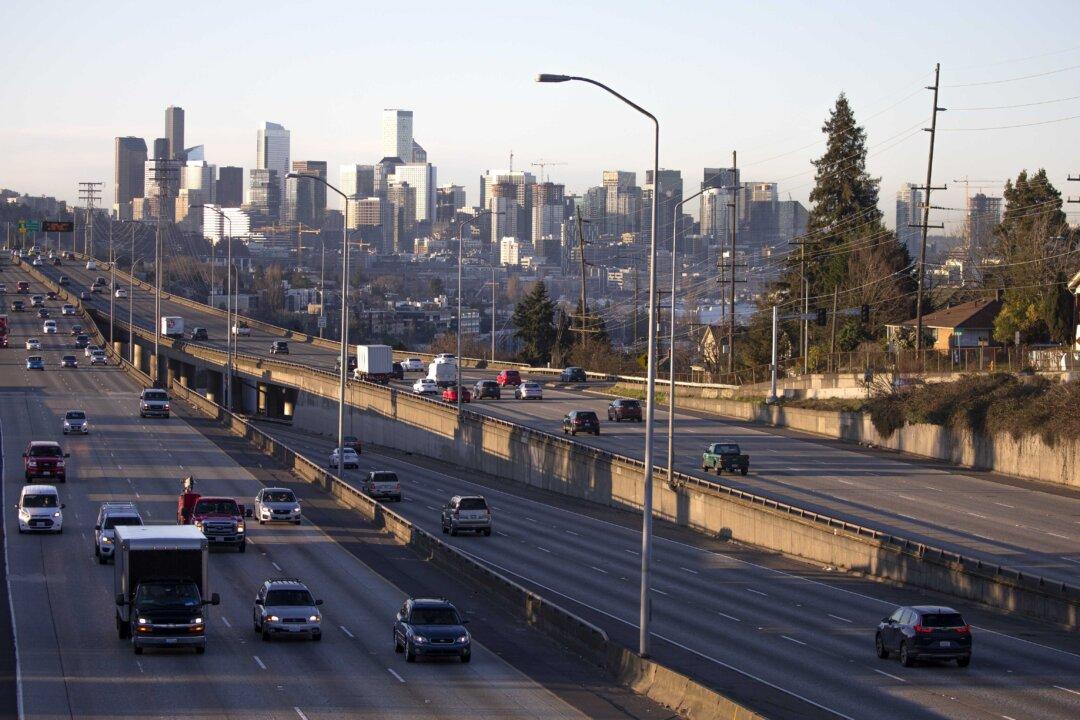U.S. motorists drove 8.6 percent fewer miles in September, marking the smallest monthly decline since the coronavirus pandemic forced millions of Americans to begin working from home in March.
The Federal Highway Administration on Nov. 13 said road travel fell by 23.4 billion vehicle miles in September, but it was up 2.8 percent over August and the first time that travel fell by less than 10 percent since February. In the first nine months of 2020, Americans have driven 355.5 billion miles, down 14.5 percent, the lowest number in that period since 2000.





